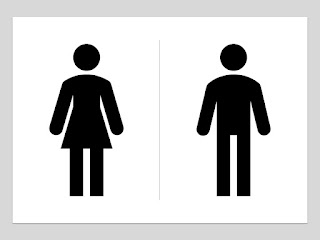It is a funny word, 'race': each time I read it, it brings me up short. It implies that we humans are all from different 'races'; that we are significantly genetically different from each other. Yet we are effectively only one race - the human race - made up of many ethnicities. I have come to think that our use of the term 'race' is odd. As the language we choose to use to define ourselves, or to confine ourselves.
Statistics New Zealand defines ethnicity as:
"...the ethnic group or groups a person identifies with or has a sense of belonging to. It is a measure of cultural affiliation (in contrast to race, ancestry, nationality, or citizenship). Ethnicity is self-perceived and a person can belong to more than one ethnic group. An ethnic group is made up of people who have some or all of the following characteristics: a common proper name one or more elements of common culture that need not be specified, but may include religion, customs, or language a unique community of interests, feelings, and actions a shared sense of common origins or ancestry a common geographic origin" (Statistics New Zealand, 2020, 2021).
Our language may imply collaboration or separation; family or 'other'. I feel that 'race' is a divisive term, and I am uncomfortable using it. I think as a planet that we should stop using it. It is tainted. Lets use ethnicity... and I am sure at some stage we will have so much sub-text against that term too, as our thinking evolves.
But let's be aware of how any terminology conveys layers of meaning, built up over usage and time. We cannot strip that meaning away like old varnish from a master work: only generations worth of time can wash terms clean again, so they are once more pristine and able to be used without implied separation, diminishment or 'other'.
We humans are inherently biased. Our words are often gendered: 'male' or 'female'. Apparently employers may use 'male' words to attract 'male' applicants in a job search, as was found by Gaucher et al. (2011), and was turned into the Gender Decoder tool (read more here; Matfield, 2022). We need to ensure that our clients are aware that their own use of language will influence the reader of their job applications, as well as being aware that the job advertisements themselves will show employer bias.
We can get techy about it, or we can use it as a basis of discussion to move our collective understanding along. We can grow up :-)
Sam
References:
Gaucher, D., Friesen, J., & Kay, A. C. (2011). Evidence that gendered wording in job advertisements exists and sustains gender inequality. Journal of Personality and Social Psychology, 101(1), 109-128. https://doi.org/10.1037/a0022530
Matfield, K. (2022). Gender Decoder. https://gender-decoder.katmatfield.com/
Statistics New Zealand (2020). Ethnicity cartograms of New Zealand. https://storymaps.arcgis.com/stories/8c8c82cfc2a6406f979519a382d0b81b
Statistics New Zealand (2021). Ethnicity. https://www.stats.govt.nz/topics/ethnicity


No comments :
Post a Comment
Thanks for your feedback. The elves will post it shortly.